With respirable dust being high on the HSE’s agenda, face fit testing is a very relevant topic to talk about right now in order to control the risk posed by dusts on site. These dusts include asbestos, silica, wood dust etc. The HSE have released their campaign on ‘Dust Kills’ to increase awareness around this risk. Over 500 construction workers are believed to die from exposure to silica dust every year.
Face fit testing is the action of checking that a face mask or respirator facepiece has an adequate seal around the face so that no dust can enter the mask. Facial features are important to consider as different shapes and sizes can affect the seal of the mask. Leaks are generally due to a poor fit of the mask around the face which can be detrimental to someone’s health. The individual may think they are protected due to wearing the RPE (respiratory protection equipment), but if it hasn’t got the right fit then unfortunately the mask will not serve it’s purpose. If an individual has more than one facepiece they should be tested on both respirators.
A fit test should be carried out by a competent person, someone who is trained in carrying out fit tests. The fit tester will undertake several checks before signing off the wearer as passed. These 60 second checks will range from moving your head from side to side, up and down to talking and heavy breathing. A substance called ‘Bitrex’ is the world’s bitterest substance, and this is used to see if the wearer can taste the substance. If they can’t – it is a tight seal, but if they can – some adjustments will need to be made to ensure a tight seal! This substance is so bitter, so make sure you have something sweet readily available! Ensure the face mask is not fit too tight to the face, the wearer needs to be comfortable with the mask on. The key points for fit testing are to not smoke, eat or drink for up to 15 minutes before the fit test, no beards – it is essential the wearer is clean shaven. A goatee beard can be acceptable, but it depends where the mask fits. Beards are allowed of course if it is on religious grounds or other personal reasons, so therefore an air powered respirator can be provided, these don’t rely on a seal. The most common type of masks are FFP2 and FFP3 masks which will be used in industry.
If you need anymore help or guidance, or to arrange for Fit Mask Testing, please don’t hesitate to get in touch.


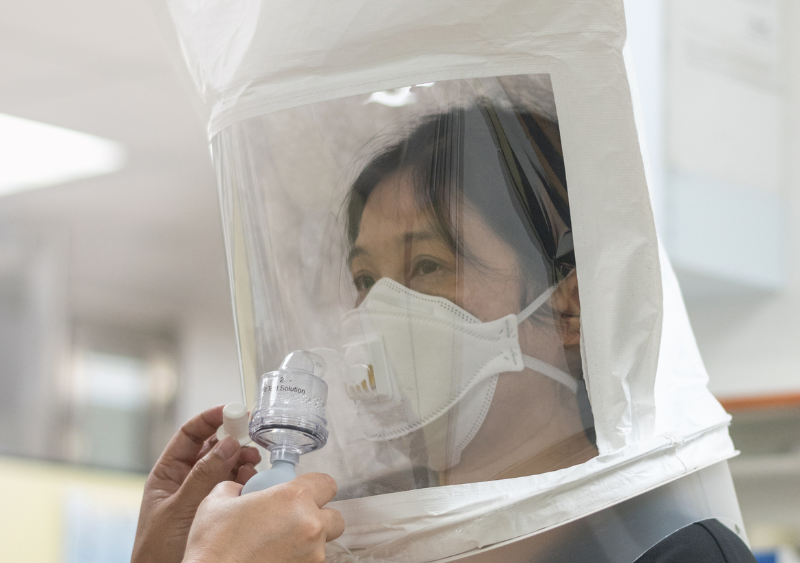
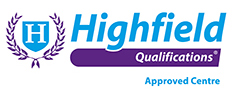

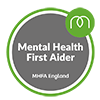
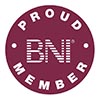
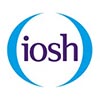
Comments are closed.